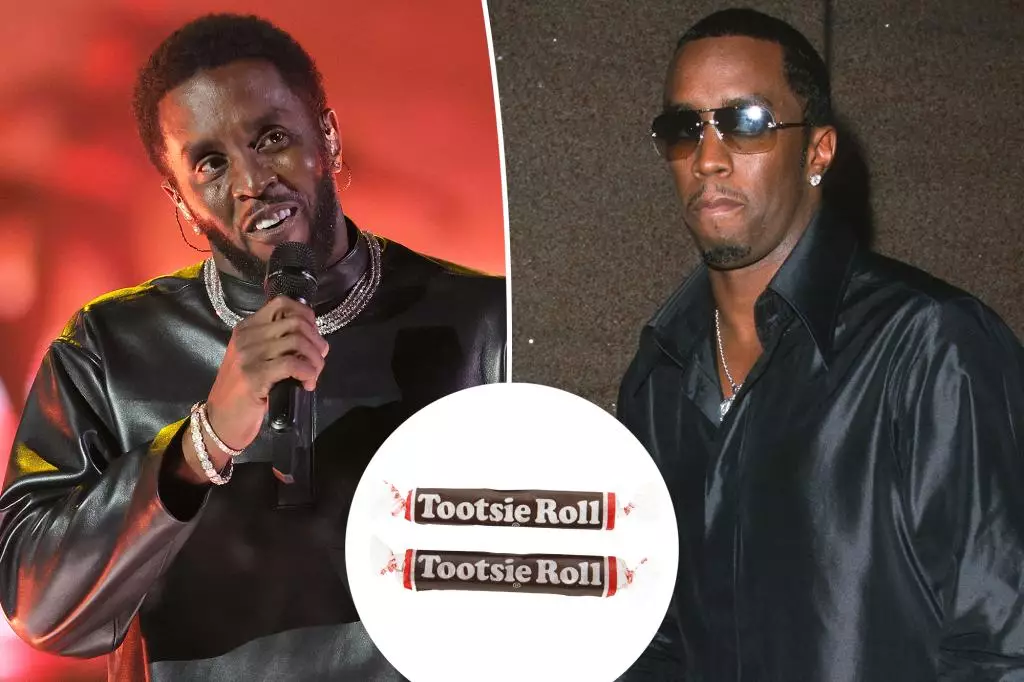Recent developments involving Sean “Diddy” Combs have sent shockwaves through both the music industry and the wider public. The legendary rap mogul faces serious accusations of sexual assault laid out in a fresh lawsuit by a woman identified as Jane Doe. Her claims paint a chilling portrait of alleged events dating back to July 2001. According to court documents reported by TMZ, the woman alleges that her encounters with the Bad Boy Records founder shifted from casual outings to something menacing. This alarming trend raises significant questions about power dynamics within the entertainment realm, and the complexities of consent.
Events of That Night
The lawsuit recounts an evening where Jane Doe asserts that after a night at a nightclub, Combs ushered her to his New York City apartment. What was initially a social engagement took a dark turn when she alleges that he locked her in his bedroom. The chilling depiction of events includes Combs allegedly using physical force against her, claiming he said, “I’m going to suck the life out of you.” These statements resonate with a narrative that reflects a disturbing, predatory intent.
As the lawsuit details the alleged assault, it notably intersects with broader conversations about consent and autonomy, particularly in environments where fame and power create vulnerability for individuals. The graphic descriptions portrayed in the lawsuit intensify the emotional weight carried by the allegations. Such descriptions, while undoubtedly meant to convey the severity of the incident, can detract from the core issue: the violation of consent.
Emotional Impact and Aftermath
The aftermath of the alleged incident paints a complex psychological portrait. Jane Doe claims to have undergone psychotherapy, reflecting the deep emotional scars left by the event. This highlights the often-ignored consequences of sexual violence, where the impact extends far beyond the immediate physical act. It raises essential questions about the support systems in place for survivors. Does the industry do enough to protect individuals from potential predators? How do we adequately address trauma in a meaningful way?
Diddy’s legal team has not shied away from defending him amidst this storm, proclaiming his innocence and suggesting that the lawsuit lacks merit, as the plaintiff chooses to remain anonymous. This legal strategy points to a precarious intersection of justice and public opinion, wherein the legal proceedings become a battleground for narrative control. The phrase “no matter how many lawsuits are filed” conveys a dismissive tone towards a very serious matter, often reflecting a broader trend of victim-blaming that dissuades many from coming forward.
The Broader Implications
As this case unfolds, the implications resonate far beyond the individuals involved. The allegations against Combs arise during a particularly sensitive time in popular culture, where many high-profile figures are facing scrutiny for similar accusations. Diddy’s case could either reinforce a collective reluctance to confront sexual violence or act as a rallying point for survivors seeking justice. The public’s reaction will likely influence the broader conversations surrounding sexual misconduct in entertainment sectors, and indeed, society at large.
Furthermore, the dichotomy of truth versus narrative cannot be overstated. The legal system’s role in determining the validity of such claims could unwittingly shape how we view victims’ testimonies. In an era that seeks to uplift marginalized voices, the balance between skepticism and belief remains fraught with tension.
Bracing for the Courtroom Battle
The upcoming court proceedings promise to be laden with not just legal arguments but a deeper social dialogue about power, vulnerability, and truth. With Diddy’s previous denials paired with the pending trial related to sex-trafficking, this lawsuit serves as a focal point, examining how fame and privilege intersect with allegations of abuse. Public reactions will significantly contribute to societal shifts concerning gender dynamics, making it crucial to engage in open discussions about the implications of such high-profile cases.
While the intricate details of the allegations against Diddy continue to unfold, this situation exposes underlying societal issues concerning sexual violence. It underscores the necessity for accountability and support for survivors while emphasizing the need for continued dialogue on consent and power relations in the entertainment industry. The resolution of this case could potentially lead towards meaningful reforms or further entrench existing discrepancies in addressing sexual misconduct.

